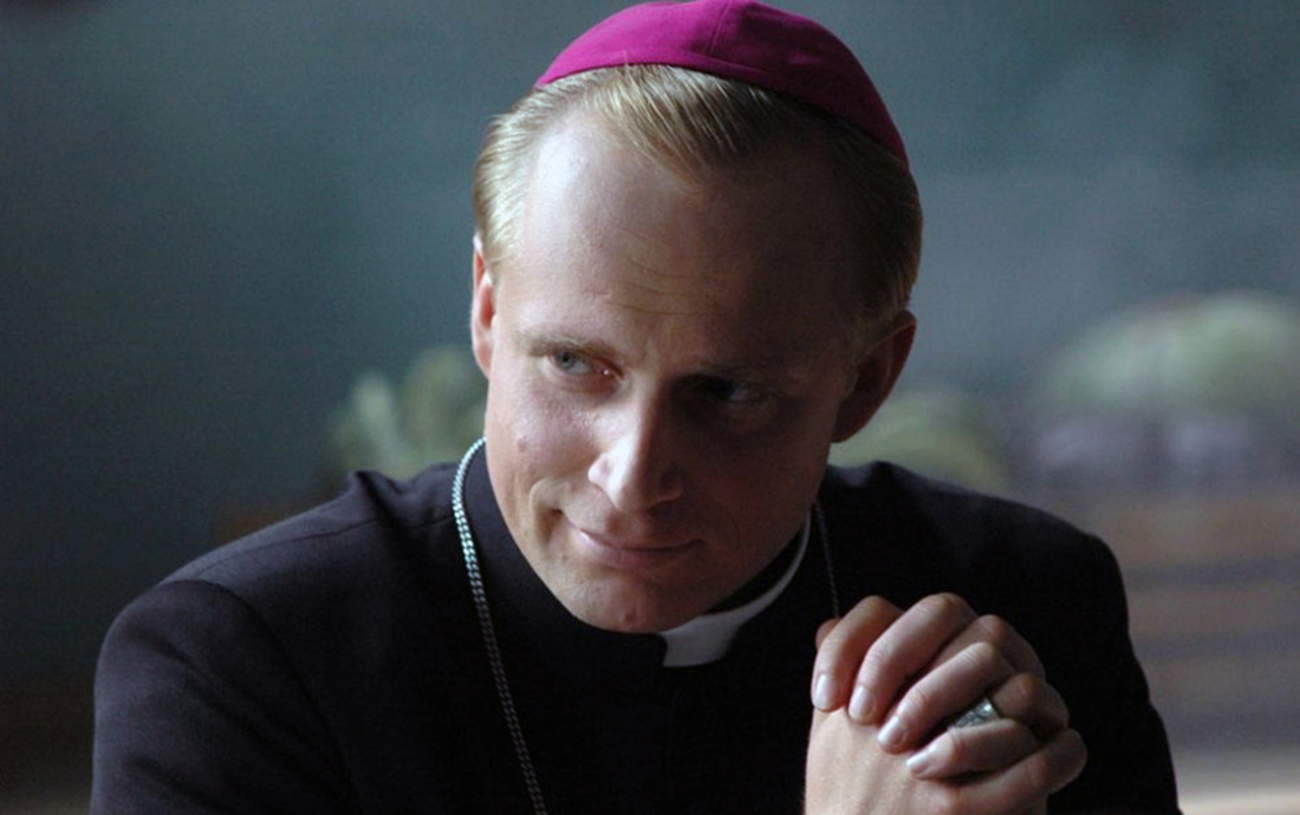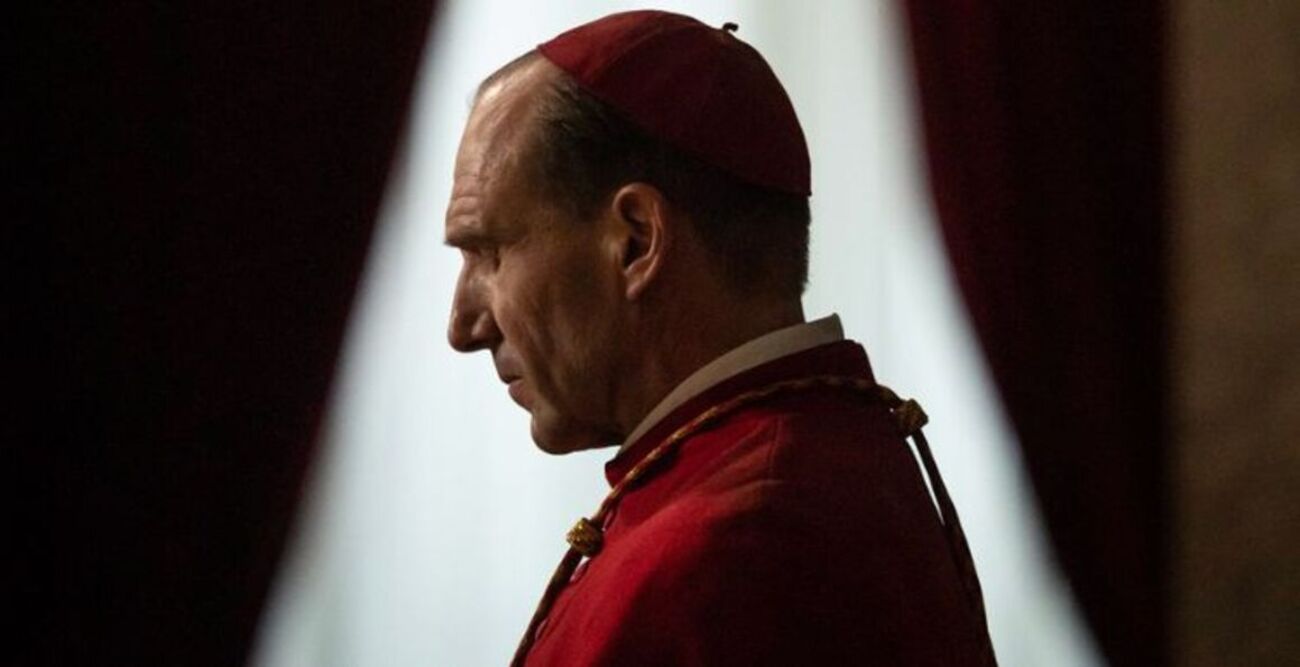The pope in cinema: 10 films about popes, from Anthony Queen to Nanni Moretti, from Julius II to Pope Francis
With the recent passing of Pope Francis, an era marked by gestures of openness, simple words and a radical commitment to the poor and peace comes to a close. Jorge Mario Bergoglio represented a human face of the Church, capable of dialogue, listening and courage. In this climate of reflection on the figure of the Pope, cinema becomes a powerful mirror to explore not only individual pontificates, but also the evolution of the papal role in history and culture. Below is a cinematic journey that, through fictions, documentaries and biographies, recounts the papacy from different, intimate, historical and visionary perspectives.
Torment and Ecstasy (1965) 1.
Directed by Carol Reed, the film is based on the novel by Irving Stone and recounts the difficult relationship between Michelangelo Buonarroti (Charlton Heston) and Pope Julius II (Rex Harrison) during the making of the Sistine Chapel. Set at the height of the Renaissance, the film explores the tension between art and religious authority, between spiritual inspiration and temporal power. The visually sumptuous work is also a profound inquiry into the meaning of faith and creation.

The Man Who Came from the Kremlin (1968) 2.
Anthony Quinn plays Kiril Lakota, a Siberian cardinal freed from a Soviet gulag who is suddenly elected pope. Based on Morris West’s 1963 The Shoes of the Fisherman, the film anticipates with surprising foresight the figure of John Paul II: a Pope from the East, capable of dialogue with the Communist world. The film combines spirituality and politics, recounting a papacy lived under the pressure of global crises, between diplomatic mediation and personal humanity.

Los Borgias (2006) 3.
The film directed by Antonio Hernández traces the rise to power of Rodrigo Borgia (Pope Alexander VI), one of the most controversial figures of the Renaissance. Surrounded by his children Cesare, Juan, Jofré and Lucrezia, and his mistress Giulia Farnese, the pope experiences the papacy as a means to consolidate family power. The work is a charged and dramatic fresco of the era, where religion is linked with ambition, violence and political strategy. An unfiltered account of the corruption and secular influence of the Church.

Don’t Be Afraid - The Life of Pope John Paul II (2006) 4.
The film faithfully reconstructs the life of Karol Wojtyła, from his childhood marked by the loss of his parents and the war, to his election in 1978. The long and active pontificate of John Paul II is recounted: his travels around the world, the assassination attempt he suffered in St. Peter’s Square on May 13, 1981, his influence on the collapse of communism in Eastern Europe, and finally his painful struggle with Parkinson’s disease, which would accompany him until his death in 2005. A film that pays tribute to the courage, faith and global impact of a historic figure.

The Papess (2009) 5.
Directed by Sönke Wortmann, the film is inspired by the best seller Pope Joan by Donna Woolfolk Cross. It tells the legendary story of Joan, a woman who in the 11th century, thanks to her intelligence and culture, manages to become Pope while concealing her identity. The film not only reconstructs with visual richness the brutality and contradictions of the Middle Ages, but also explores the emancipatory potential of knowledge in a society dominated by men. A work that, between myth and reality, raises questions about historical truth and the role of women in the Church.

Habemus Papam (2011) 6.
Nanni Moretti tackles the identity crisis of a newly elected pope (Michel Piccoli), who retires before even looking out onto the balcony of St. Peter’s. Flanked by a lay psychologist (played by Moretti himself), the pontiff explores his inner frailties, unable to bear the weight of his investiture. The film, presented in competition at the 64th Cannes Film Festival, won numerous awards including seven Silver Ribbons, three David di Donatello and a European Film Award. A reflection on the human limit behind the sacred figure.

Call me Francis - The People’s Pope (2015) 7.
A miniseries directed by Daniele Luchetti that chronicles the incredible human journey of Jorge Mario Bergoglio. Starting from his youth in the neighborhoods of Buenos Aires, the story focuses on his role during Argentina’s military dictatorship, his closeness to the poorest and the vocation that will lead him to the papal throne. An engaging work that focuses on the consistency between words and actions, outlining the portrait of a man who chose simplicity as the guide of his path.

Pope Francis - A Man of His Word (2018) 8.
Wim Wenders’ documentary is constructed as an intimate and direct dialogue between Pope Francis and the viewer. Using archival footage and real encounters, the film touches on the pivotal themes of his pontificate: ecology, social justice, dialogue between religions, and commitment to peace. More than a biography, it is a visual manifesto that restores the Pope’s voice in all its authenticity, with a simple and direct tone that reflects his communicative style.

The Two Popes (2019) 9.
Directed by Fernando Meirelles and based on the 2017 play by Anthony McCarten, the film chronicles the confrontation between Pope Benedict XVI (Anthony Hopkins) and the future Pope Francis (Jonathan Pryce). Through an imaginary but believable encounter, an intense dialogue develops between two opposing visions of the Church, between preservation and renewal. Shot between Argentina, Rome and Caserta, the film combines introspection, irony and delicately restores the weight of choices, humanity and faith of two very different men, but both in search of a greater good.

Conclave (2024) 10.
Directed by Edward Berger and based on the novel by Robert Harris, the film is a psychological thriller set within the walls of the Vatican. The protagonist is Cardinal Lawrence, who must lead the conclave after the Pope’s death. Intrigue, secrets and twists enliven the drama as the truth gradually comes to light. Included by the National Board of Review in its list of the ten best films of the year, Conclave reveals the more human, vulnerable and sometimes dark side of the halls of ecclesiastical power.

 |
| The pope in cinema: 10 films about popes, from Anthony Queen to Nanni Moretti, from Julius II to Pope Francis |
Warning: the translation into English of the original Italian article was created using automatic tools. We undertake to review all articles, but we do not guarantee the total absence of inaccuracies in the translation due to the program. You can find the original by clicking on the ITA button. If you find any mistake,please contact us.




























